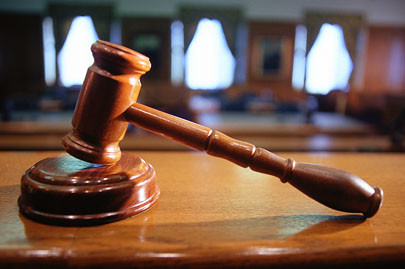Criminal Attorney Helps Those Facing Frauds Relating To Public Records And Recordable Instruments (N.J.S.A. 2C:21-3) Charges
In an effort to protect the public trust, it is a crime in New Jersey to remove, destroy, or conceal an instrument like a will, deed, mortgage, security instrument, or other writing that goes into the public record.
Similarly, presenting a falsified document or writing that contains falsehoods to a public official knowing it will become public record is also a crime under Frauds Relating to Public Records and Recordable Instruments (N.J.S.A. 2C:21-3).
This statute is typically used to prosecute people in professions like law or banking who are alleged to have behaved unscrupulously.
Those who present documents with false statements to the public record are charged with a disorderly persons offense, comparable to a misdemeanor in other states.
The maximum sentence if convicted is six months. Those who remove, destroy, or conceal instruments like deeds, wills, mortgages, and security instruments will face a third degree charge, with a sentence of between 3-5 years if convicted.
The state takes the preservation of accurate, truthful documentation seriously, but these cases are often highly circumstantial.
You don’t have to be convicted of Frauds Relating to Public Records and Recordable Instruments in New Jersey.
If you or a family member are facing charges for frauds relating to public records and recordable instruments, call 732-625-9661 today for a free consultation with an experienced New Jersey criminal defense attorney.









